Environmental Credentials

At James Hare, we’re passionate about offering fabrics that not only elevate design but also support a more sustainable and ethical future. As part of our ongoing commitment to transparency, we want to share the key environmental and social certifications that help guide responsible choices in the textile industry. Here's a simple overview of what these certifications mean and why they matter.
We believe in giving our customers the knowledge to make considered choices. These certifications and initiatives reflect our dedication to ethical sourcing, environmental responsibility, and product safety. By choosing certified fabrics, you’re not just selecting beautiful textiles — you’re supporting a more sustainable and compassionate future.
Better Cotton Initiative (BCI)
The Better Cotton Initiative is all about making cotton production better for both people and the planet.
- Environmental Care: BCI encourages sustainable farming practices, using water efficiently and reducing harmful chemicals.
- Social Responsibility: It ensures safe working conditions and prohibits child labour.
- Economic Support: Farmers benefit from training and improved livelihoods.
- Traceability: Cotton labelled as BCI-certified meets all these standards.
Learn more here

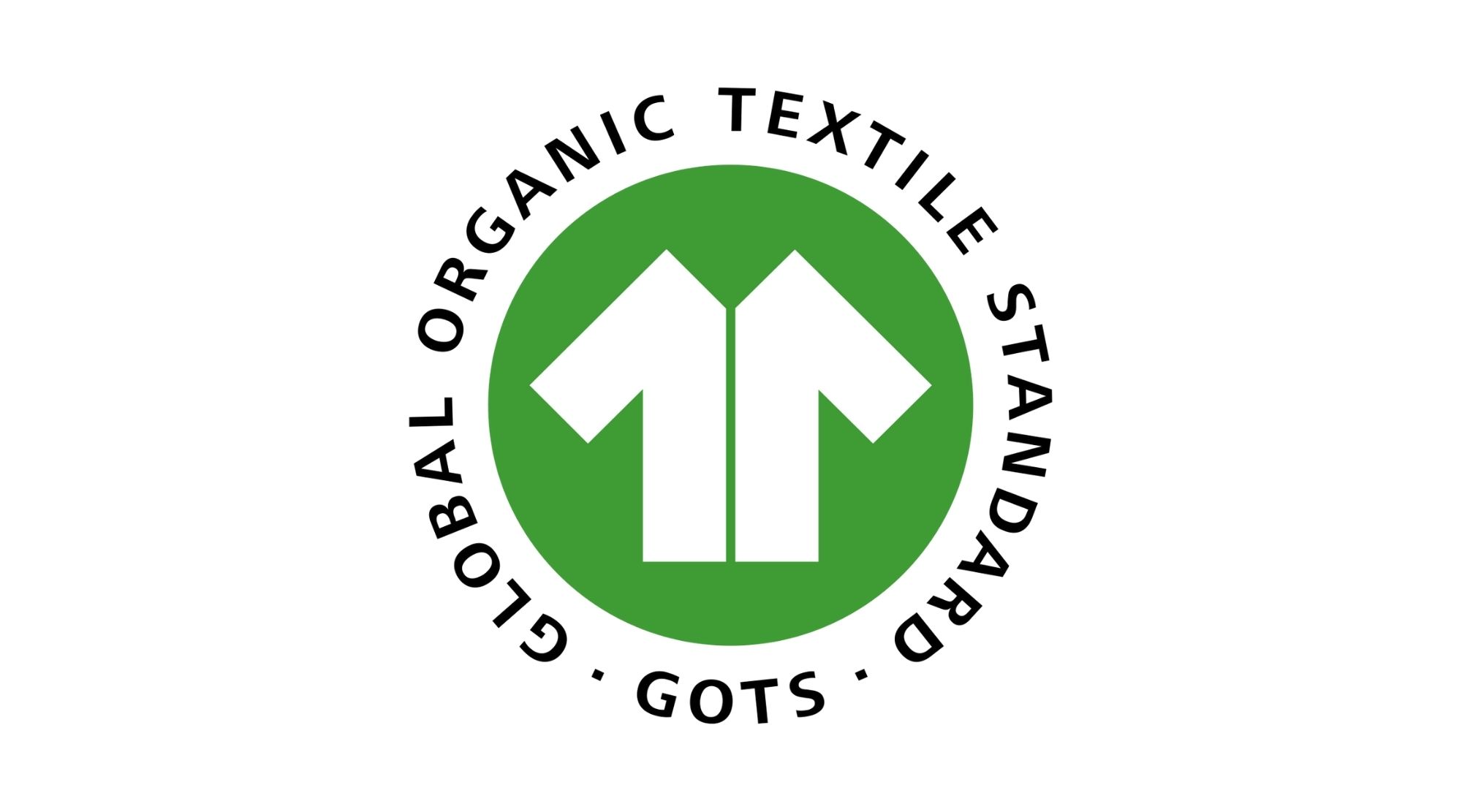
Global Organic Textile Standard (GOTS)
GOTS certifies textiles made from organic fibres, ensuring both environmental and social responsibility.
- Organic Materials: Free from synthetic pesticides and GMOs.
- Eco-Friendly Production: Focused on waste management and efficient water use.
- Fair Working Conditions: Safe, fair, and healthy workplaces.
- Chemical Restrictions: Strict controls on harmful substances.
- Certified Trust: GOTS labelling gives consumers confidence in the product.
Learn more here
Global Recycled Standard (GRS)
The Global Recycled Standard focuses on verifying the use of recycled materials.
- Recycled Content: Confirms genuine use of recycled fibres.
- Eco-Conscious Production: Promotes responsible resource use and waste management.
- Fair Labour: Requires safe, fair working conditions.
- Chemical Restrictions: Limits harmful substances in production.
- Full Traceability: Tracks materials from source to finished product.
Learn more here
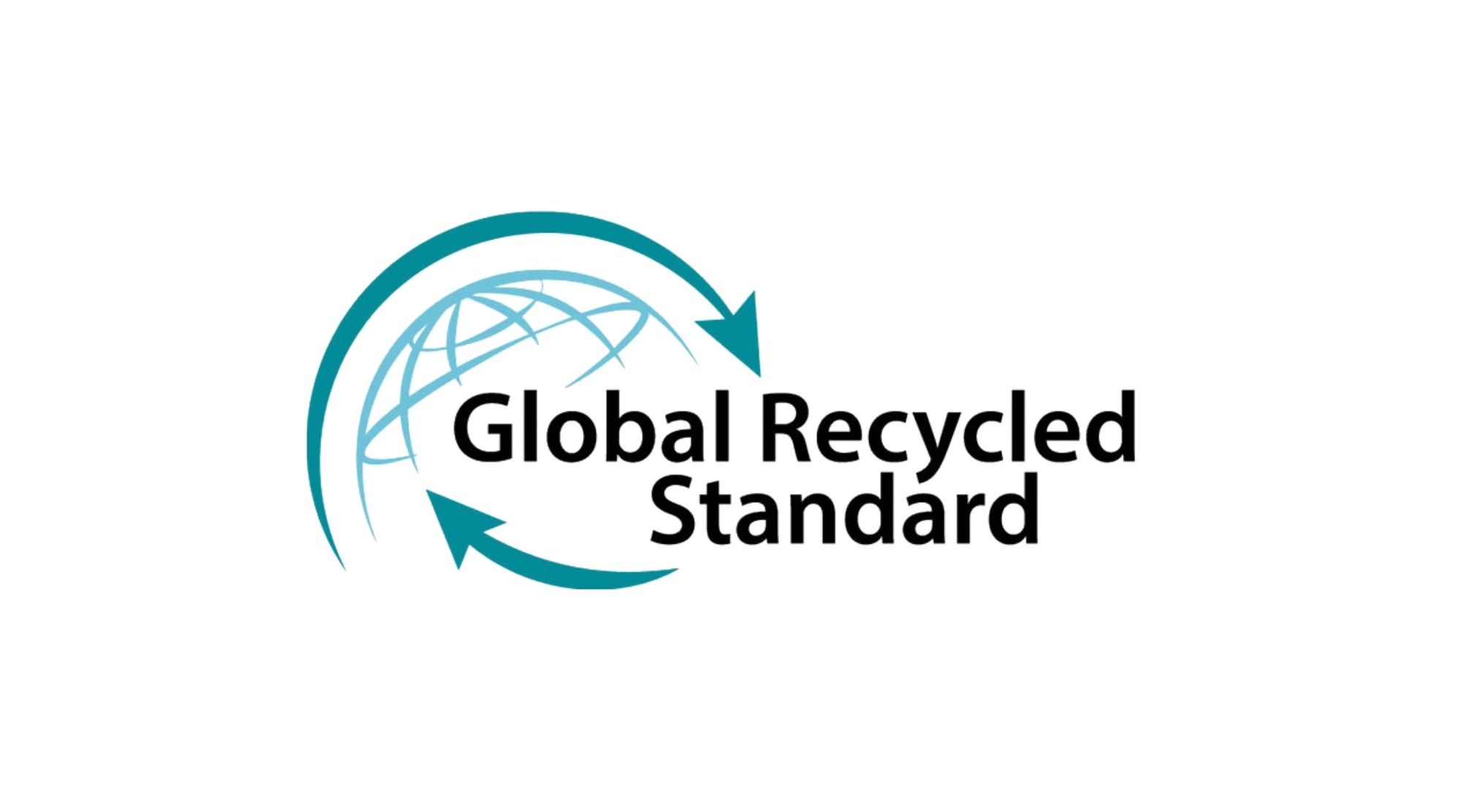
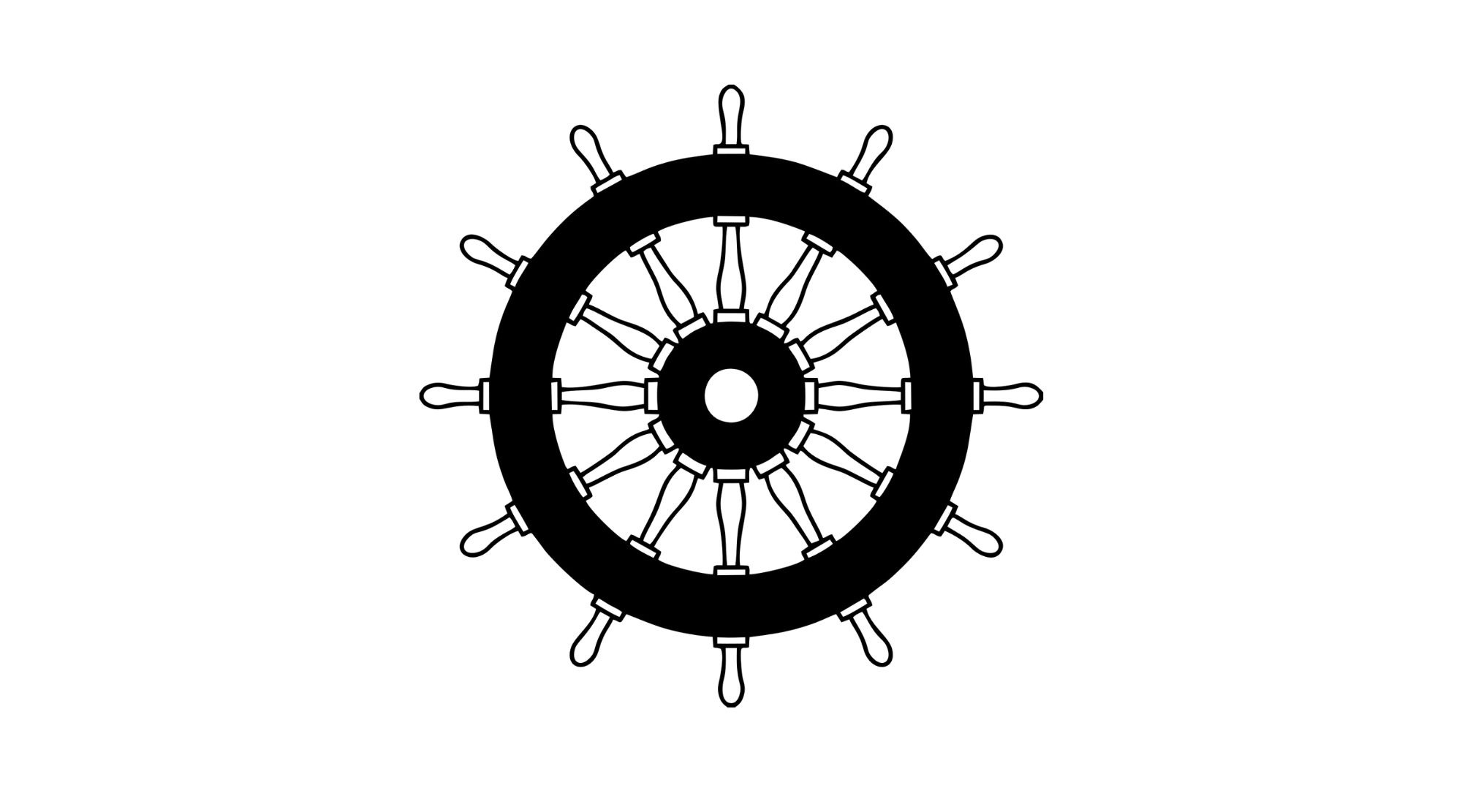
International Maritime Organization (IMO-MED)
Materials that meet IMO-MED standards are flame-retardant and certified for maritime safety.
- Fire Safety: Reduces fire risk onboard ships.
- Compliance: Follows strict international regulations.
Learn more here
International Organization for Standardization (ISO)
ISO standards are trusted worldwide to ensure quality, safety, and efficiency.
- Consistency: Helps products and services work together globally.
- Wide Coverage: Applies to industries from textiles to technology.
- Continuous Improvement: Encourages best practices.
Learn more here

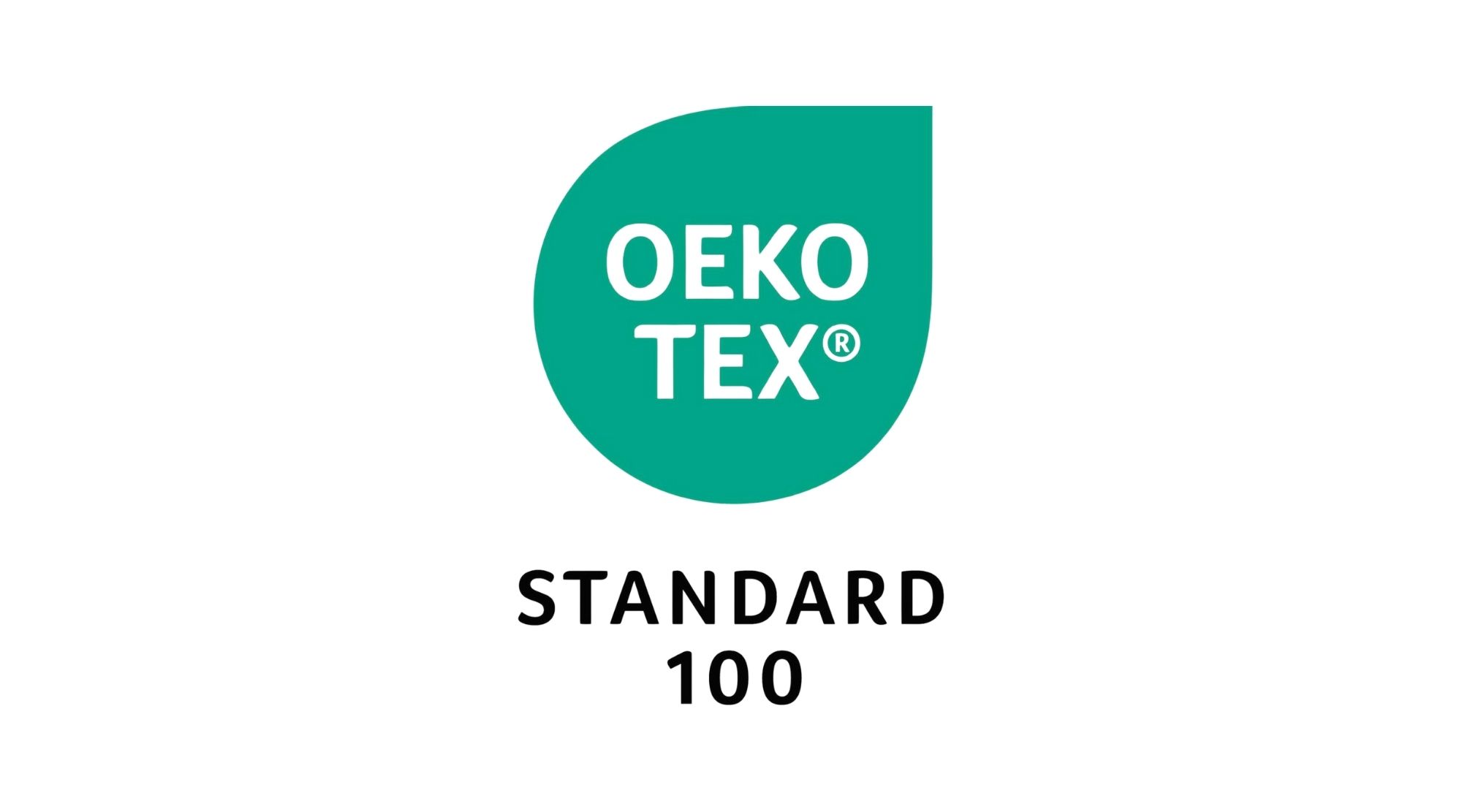
Oeko-Tex Standard 100
Oeko-Tex 100 guarantees that textiles are safe for human use.
- Thorough Testing: Products are free from harmful substances.
- Global Recognition: Trusted around the world.
- Consumer Confidence: Certified safe for skin contact.
Learn more here
People for the Ethical Treatment of Animals (PETA)
PETA is a leading voice for animal welfare.
- Animal Rights: Advocates against animal testing and exploitation.
- Vegan Awareness: Promotes cruelty-free living and purchasing choices.
Learn more here
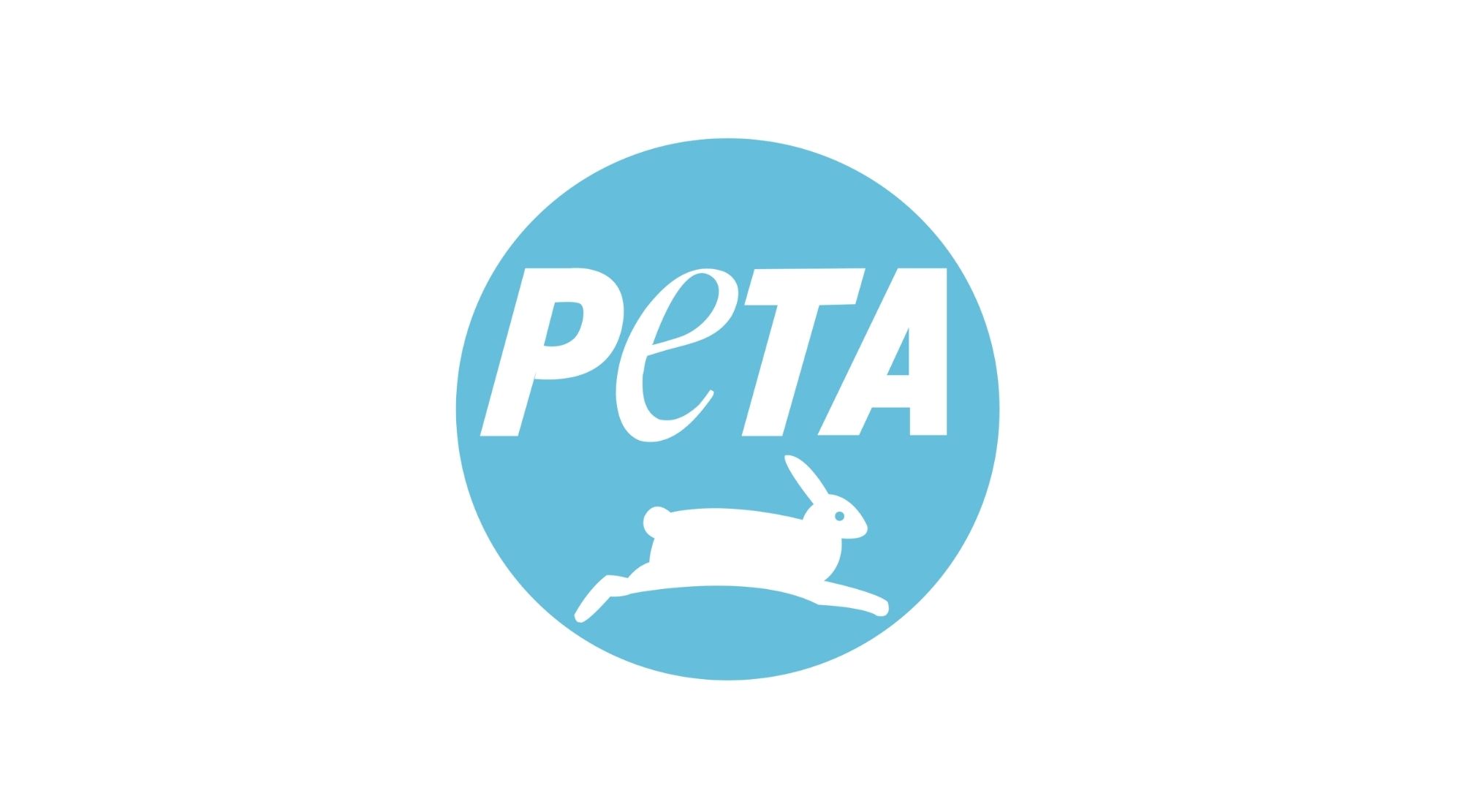
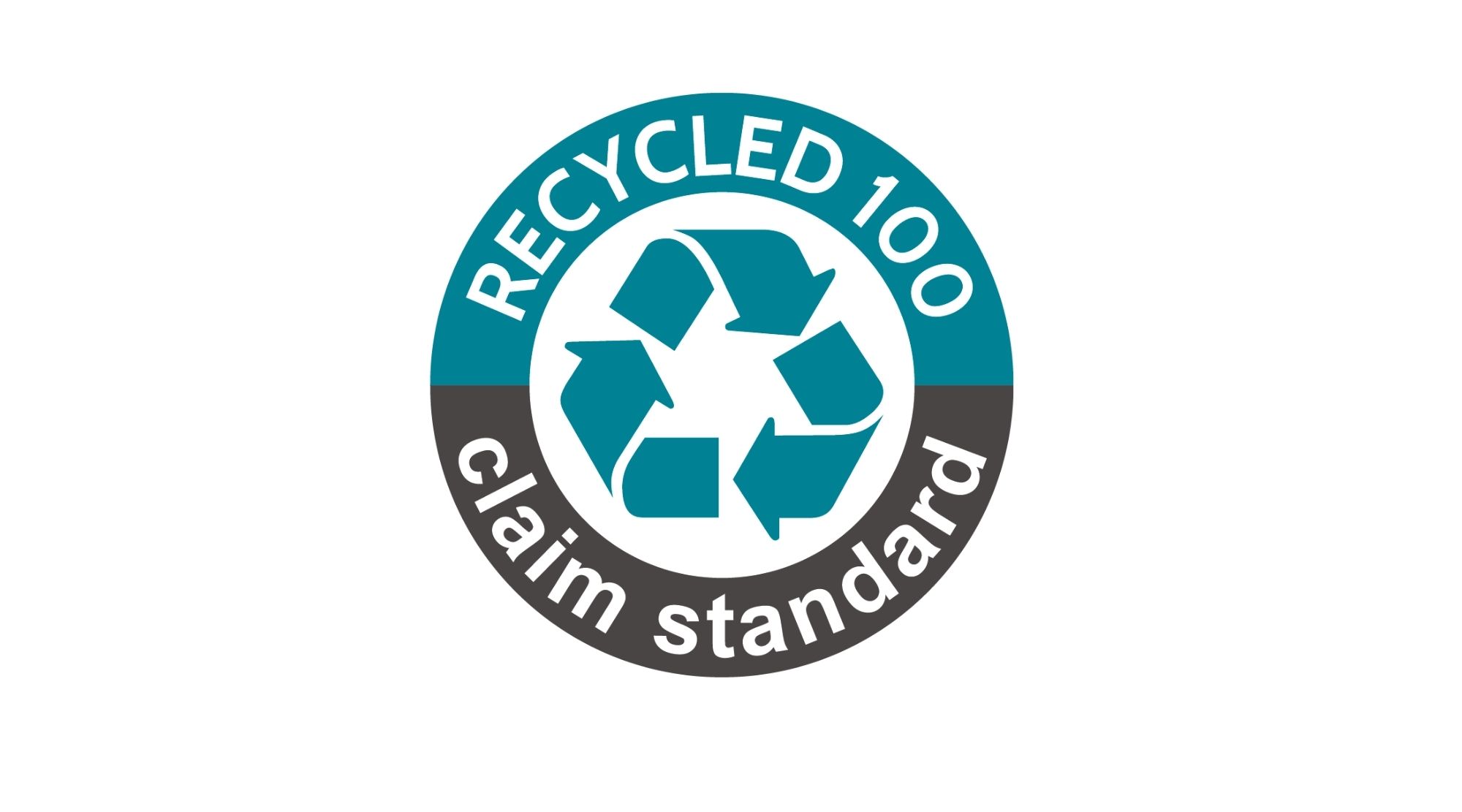
Recycled Claim Standard (RCS 100)
RCS 100 confirms that products are made from 100% recycled materials.
- Verified Content: Certified and traceable through every stage of production.
- Transparency: Offers consumers clear, honest product information.
Learn more here
Social Accountability International (SA8000)
SA8000 sets a global benchmark for fair and ethical working conditions.
- Fair Wages & Hours: Promotes decent pay and reasonable working schedules.
- Safe Workplaces: Prioritises employee well-being.
- No Child or Forced Labour: Absolute commitment to human rights.
- Continuous Improvement: Encourages ongoing enhancement of working conditions.
Learn more here
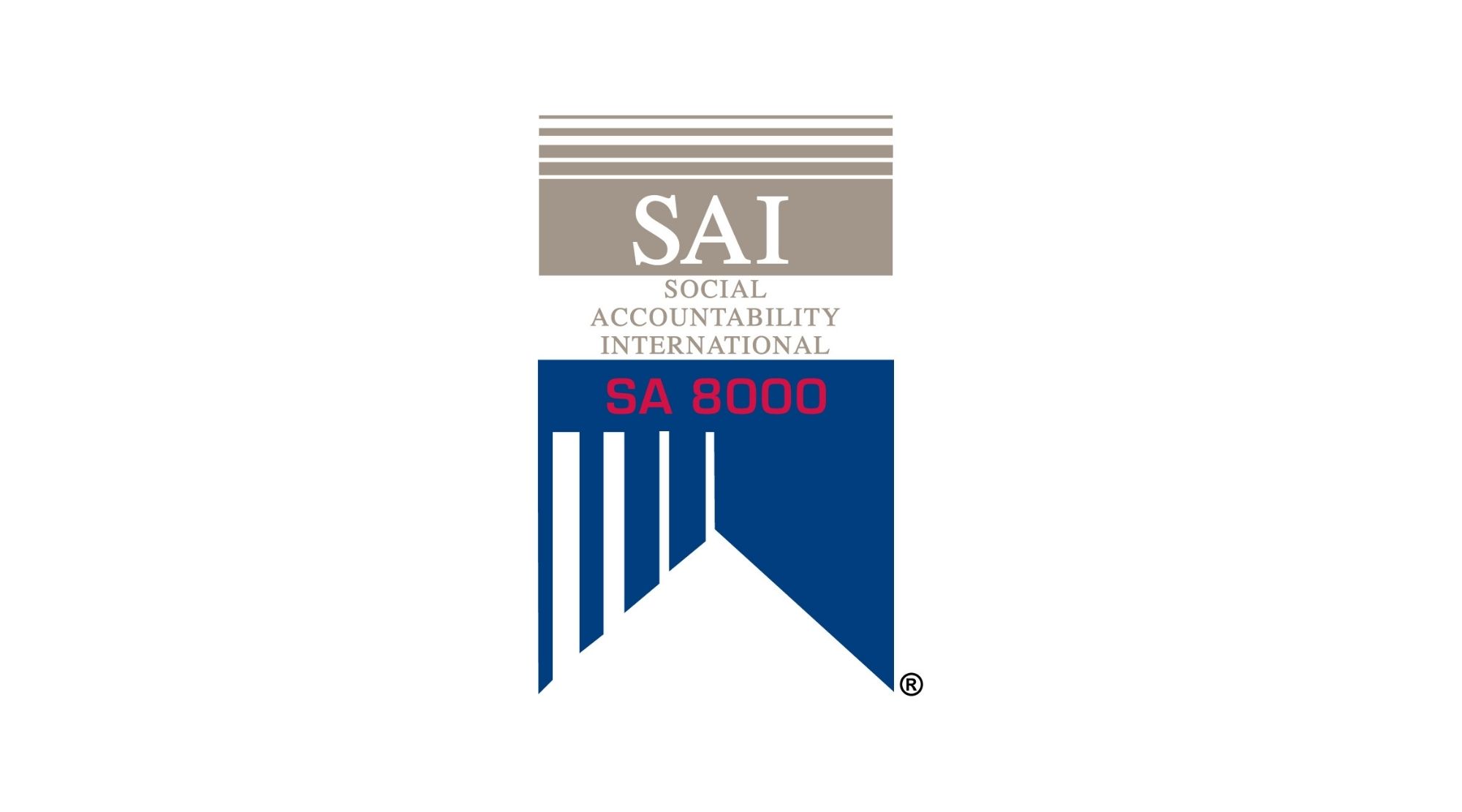
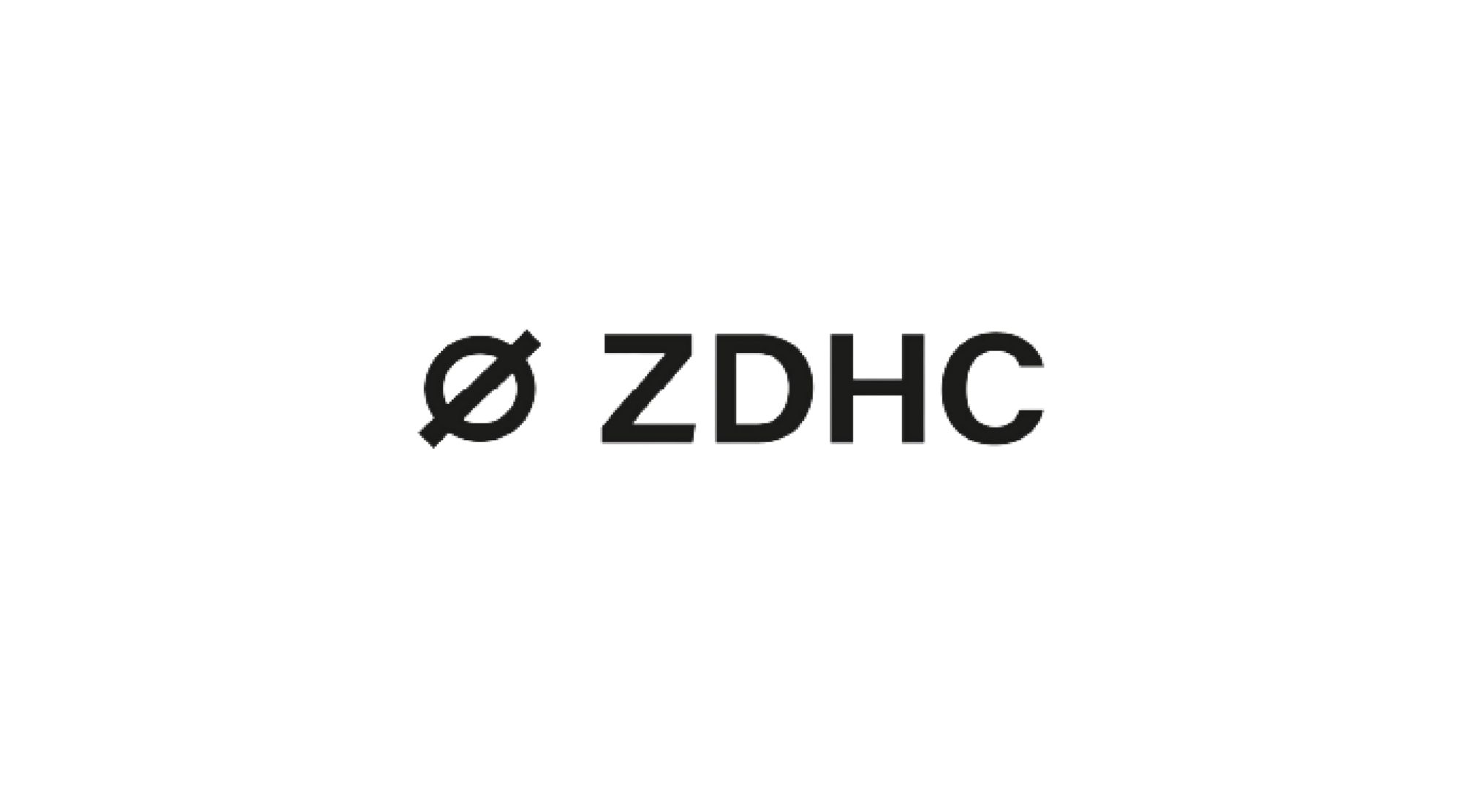
Zero Discharge of Hazardous Chemicals (ZDHC)
ZDHC is an initiative to eliminate harmful chemicals from the textile supply chain.
- Cleaner Production: Safer processes, safer products.
- Industry Collaboration: Brands and suppliers working together.
- Progress Tracking: Companies monitor and report their chemical use.
Learn more here
SMETA – Sedex Members Ethical Trade Audit
The SMETA audit evaluates companies across four key pillars:
- Labour Standards: Fair pay and safe, respectful workplaces.
- Health & Safety: Workplace safety as a priority.
- Environmental Responsibility: Sustainable practices across operations.
- Business Ethics: Strong governance, free from corruption and bribery.
Learn more here
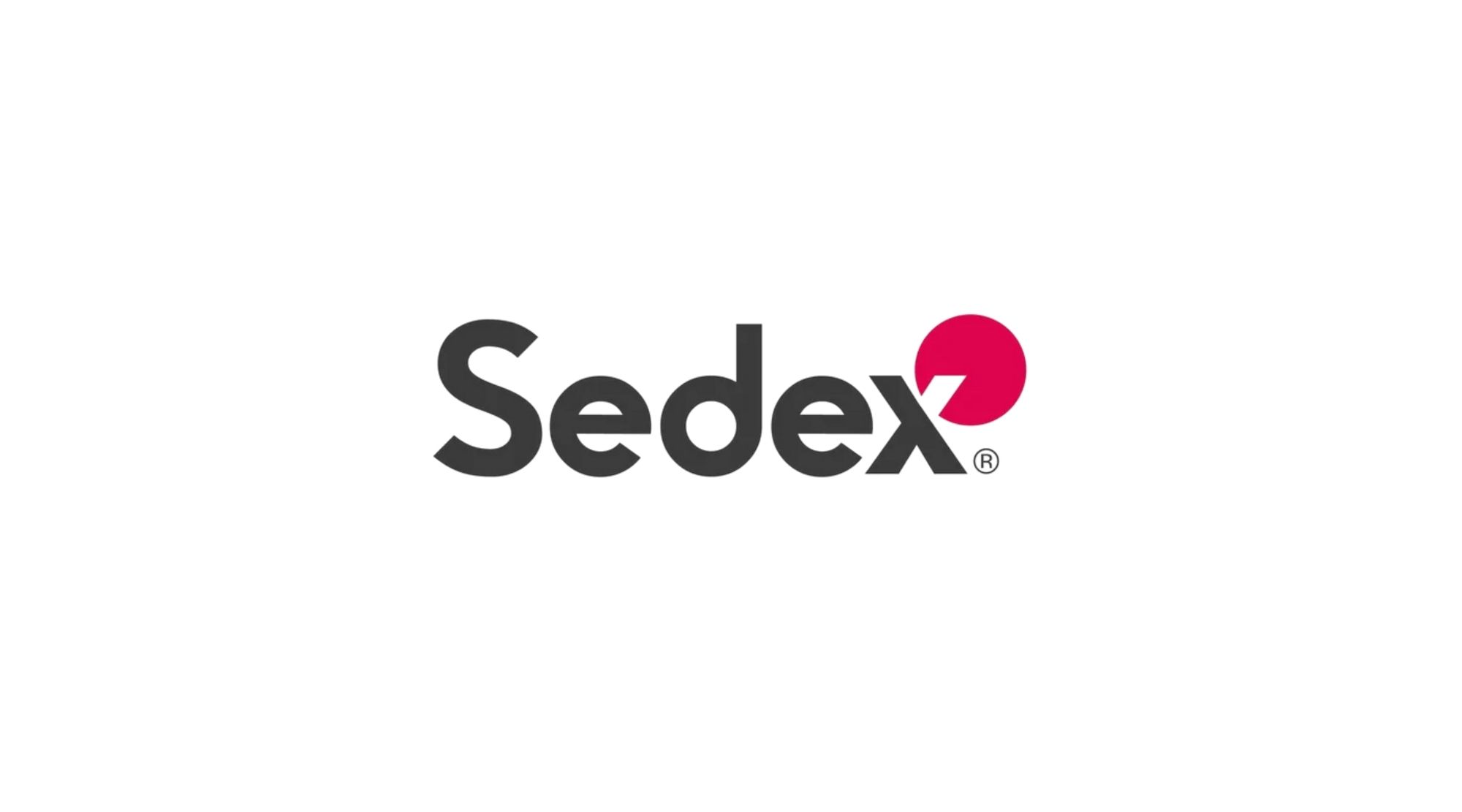
Sedex Certification (Sedex)
Sedex helps businesses showcase ethical and sustainable practices throughout their supply chains.
- Ethical Trading: Focuses on fair wages, safe working conditions, and environmental responsibility.
- Transparency: Companies share their practices openly with partners and customers.
Learn more here
REACH Regulation
REACH (Registration, Evaluation, Authorization and Restriction of Chemicals) is a key EU regulation.
- Chemical Safety: Protects both people and the environment.
- Strict Controls: Requires full chemical registration and approval.
- Risk Reduction: Hazardous substances can be restricted or banned.
Learn more here
Sustainable Fibre Alliance (SFA)
The Sustainable Fibre Alliance promotes sustainable animal fibre production, such as cashmere.
- Animal Welfare: Ensures responsible treatment of animals.
- Environmental Protection: Reduces land degradation and overgrazing.
- Supporting Communities: Helps improve the livelihoods of local farmers.
Learn more here
Handwoven Fabrics
Handwoven fabrics offer a beautiful, sustainable alternative to mass-produced textiles.
- Low Energy: Handlooms require no electricity.
- Water Efficiency: Less water is used during processing.
- Natural Dyes: Often used, helping to reduce pollution.
- Community Support: Handweaving provides vital income for rural communities and preserves ancient craftsmanship. INERSCO estimates that in India, the silk industry employs around 7.9 million people, with 60% of income flowing directly to primary producers, such as farmers.
PFAs and PFCs
PFAs and PFCs are chemicals commonly used in water-repellent and stain-resistant products.
- Health Risks: Linked to hormone disruption and cancer risks.
- Environmental Concerns: These chemicals persist in the environment and are difficult to break down.
- Ongoing Efforts: Companies are actively seeking safer alternatives.
Learn more here
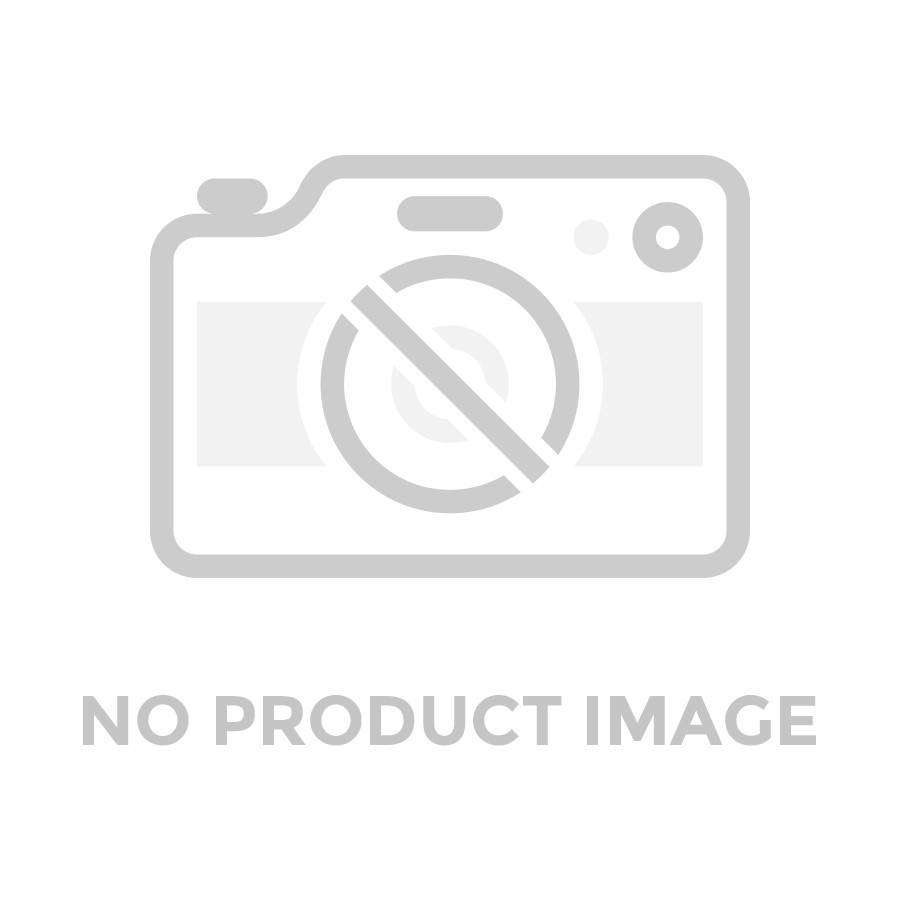












 Menu
Menu
 Back to All News
Back to All News





